-
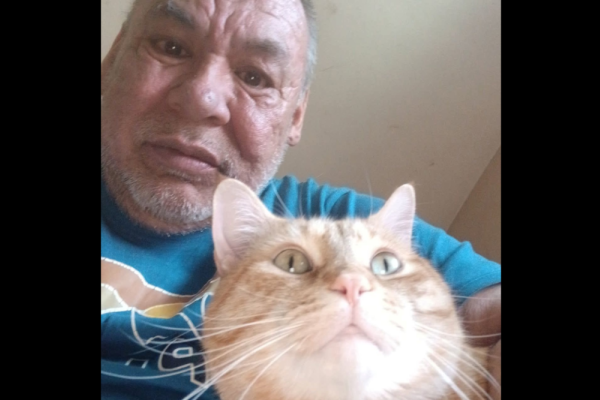
Nick Kakeeway: a story of Indigenous survival
Nick Kakeeway was a fine human being with a great deal to offer a society that was too racist and unjust to do anything other than lock him away and try to crush him. There will be no official tributes to Nick, but those of us who knew him honour his life, cherish his memory and carry on the struggle in which he played a greatly valued part.
-
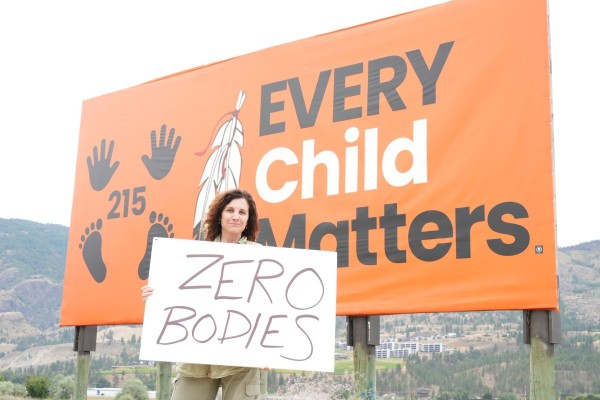
‘Flooding the zone’ with residential school denialism
In light of BC MLA Dallas Brodie’s persistent residential school denialism, it’s important to understand these actions as part of a broader far-right strategy. To help people better recognize it, Sean Carleton joined the Redeye podcast to discuss why Brodie’s rhetoric is yet another far-right distraction aimed at stoking anti-Indigenous hatred for political gain.
-
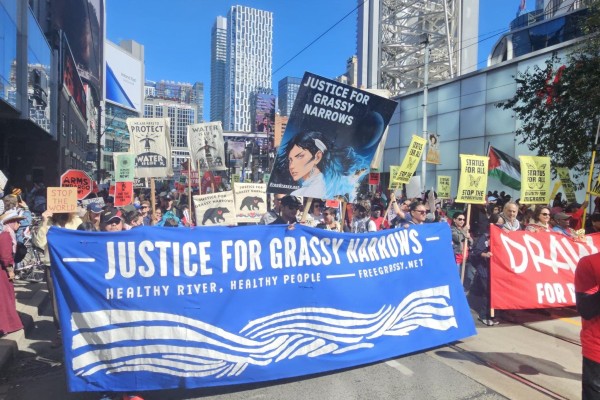
Millions in subsidies for mineral exploration undermine Indigenous rights
Millions in government subsidies are fuelling risky mining projects on Grassy Narrows’ ancestral lands, enriching investors while threatening the First Nation’s water and health. Despite Indigenous opposition, provincial and federal policies quietly enable exploration, raising urgent questions about colonialism, tax loopholes, and environmental justice.
-

Resisting Canada’s ‘elbows up’ colonialism
Canada’s new “elbows up” nationalism frames itself as resistance to Trump and US expansionism—but it risks recycling colonial myths. By glossing over the Mohawk Resistance and ongoing land theft, patriotic rhetoric hides violence against Indigenous peoples. Real strength means truth, reconciliation, and resisting colonialism, not shallow nostalgia.
-
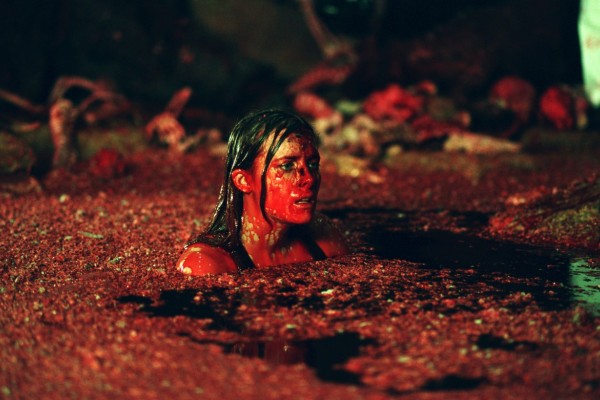
Churning up the ground: Laura Hall on horror as the ‘primary film genre of settler colonialism’
Countless books have explored the sociopolitical foundations of horror—its entanglements with gender, Blackness, madness, war and capitalism. Yet surprisingly little attention has been paid to the genre’s relationship with settler colonialism, despite the enduring prominence of the “Indian burial ground” trope in the earlier decades of the genre.
-
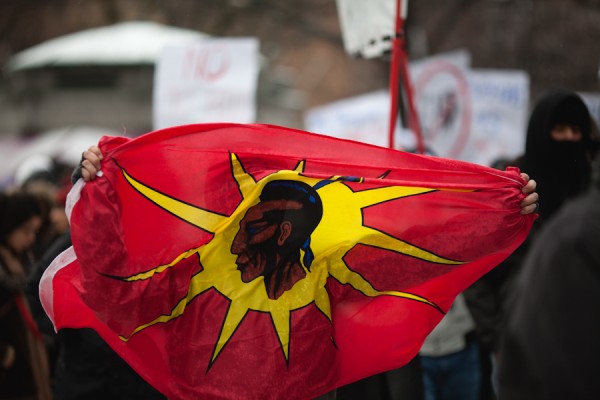
Carney is pushing Canadian liberalism to its breaking point
Prime Minister Mark Carney’s Bill C-5 signals a dramatic shift in Canadian politics, allowing major industrial projects to bypass environmental and Indigenous consultation. This move threatens to rupture Canada’s liberal foundations, sparking Indigenous resistance and raising fears of an authoritarian turn in response to growing civil unrest and dissent.
-
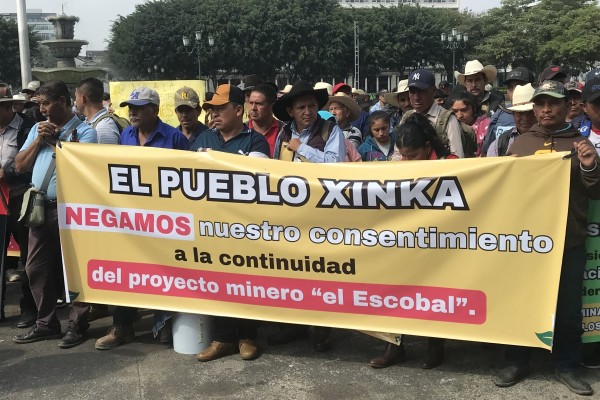
Canadian-owned mine in Guatemala needs Indigenous consent
In the culmination of a historic consultation process in Guatemala, the Xinka Indigenous people have just presented their decision to the Guatemalan government, denying consent over the future of Vancouver-based Pan American Silver’s Escobal mine. This is a clear example of Indigenous peoples exerting their right to decide what happens on their territory.
-

The ‘elbows up’ campaign for a Canada the left does not want
The dominant class and its cheerleaders, intent on doubling down to maintain a social system which proudly features gross inequality and inequity, are out on top. The working class and its leftist protagonists, hoping to fuel a movement for a radical rethinking of our polity to get closer to a social system which advances equality and altruism, find themselves at the bottom.
-

Albertan independence against Indigenous sovereignty: Elijah Harper, Danielle Smith, and Bill 54
It is imperative for socialists to ally with Indigenous peoples and oppose Albertan independence, as separation would constitute an enormous setback for Indigenous rights in the region. Even as Canada continues to renege on its historic and contemporary promises to Indigenous peoples, an ultraconservative independent Alberta would certainly be far worse.
-
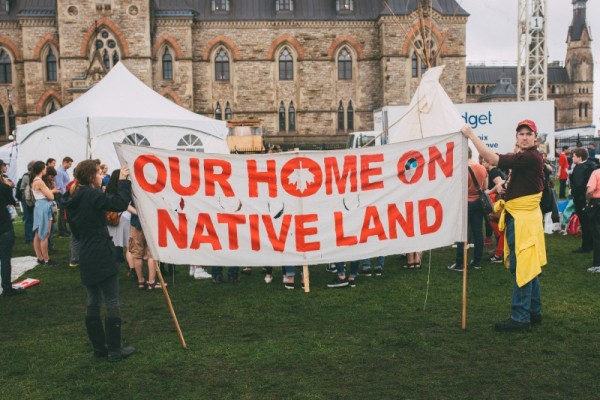
In the tariff war, Canada forgetting about Indigenous nations
Ignoring Indigenous nations and rights as Canada enters a new economic chapter would shred Canada’s reputation, much as ignoring the Canada-United States-Mexico Agreement shreds America’s. Ignoring us is contrary to the last decade of Canada’s Truth and Reconciliation work and is a risk to both the legitimacy of political elites and the profitability of Canadian industries.



